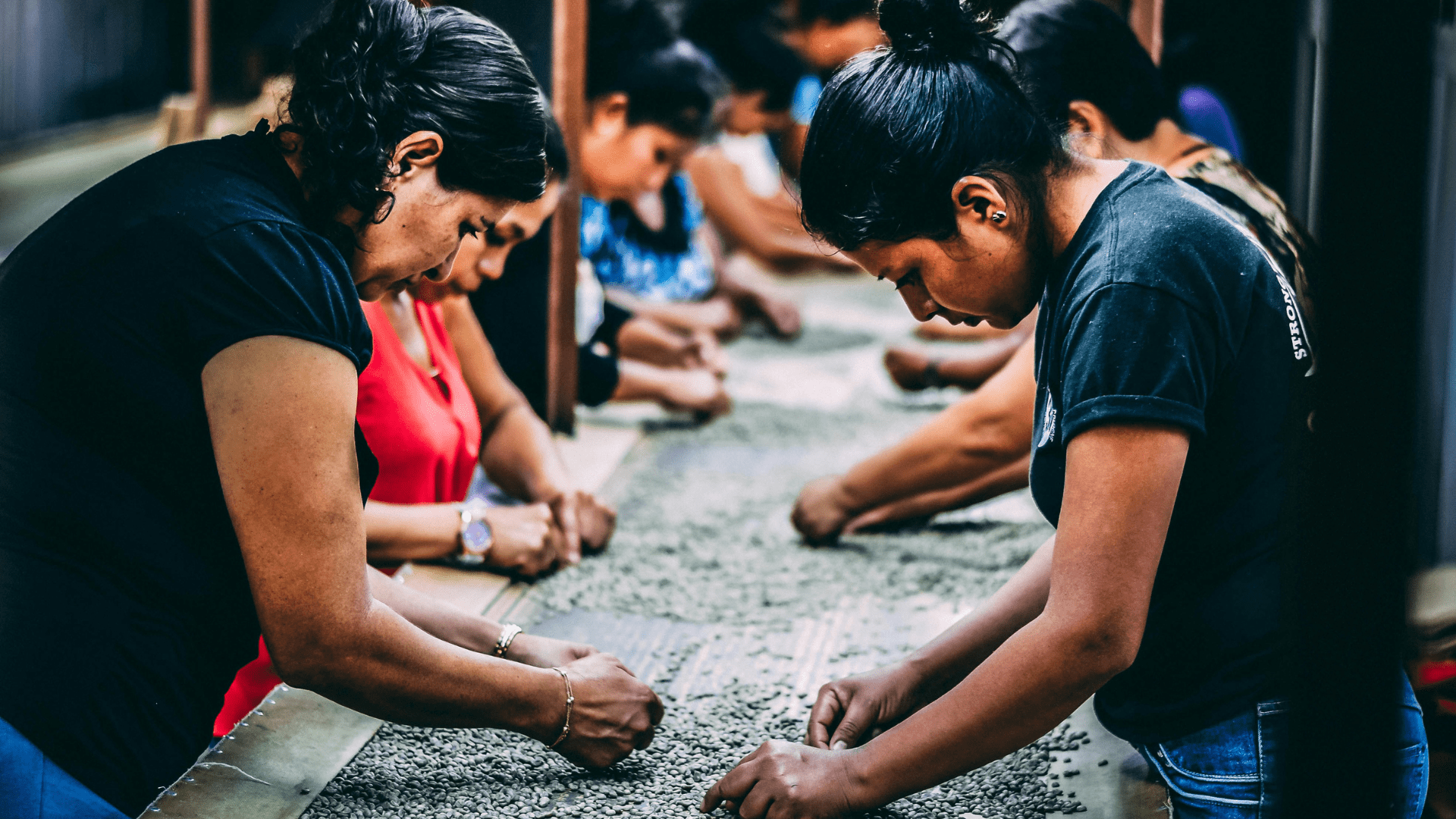Empowering Change: Women-Owned Coffee Farms Around the World
Coffee is more than a beloved beverage; it’s a global industry that touches millions of lives. Behind every cup is a story, often one of dedication, perseverance, and community. Among these stories are those of women-owned coffee farms—operations that are redefining the landscape of coffee production, fostering gender equality, and empowering communities around the world.
In this blog post, we’ll explore the impact of women-owned coffee farms, the challenges they face, and the essential role they play in transforming the coffee industry.
The Role of Women in Coffee Production
Women are vital to the coffee supply chain, often responsible for up to 70% of the labor involved in planting, harvesting, and processing coffee. Despite this, they own less than 20% of coffee farms globally and rarely have access to the same resources as their male counterparts. This disparity limits opportunities for women to lead and innovate in an industry that relies heavily on their contributions.
Women-owned coffee farms are working to change this narrative by creating equitable opportunities and showcasing the value of female leadership in agriculture. These farms are proving that empowering women has a ripple effect, improving not only the quality of coffee but also the social and economic well-being of entire communities.
What Makes Women-Owned Coffee Farms Unique?
Women-owned coffee farms are often characterized by their commitment to sustainability, community development, and quality.
Sustainability Initiatives
Many women-led farms prioritize environmentally friendly practices, such as:
- Shade-Grown Coffee: Preserves biodiversity and reduces the need for chemical inputs.
- Water Conservation: Recycles water during processing to reduce waste.
- Organic Farming: Minimizes environmental impact while enhancing the flavor profile of the coffee.
Community Empowerment
Women-owned farms often invest in local communities by:
- Providing fair wages to workers.
- Funding education and healthcare programs.
- Establishing training programs for other women in agriculture.
Exceptional Quality
The attention to detail and care invested in women-owned farms often translates into higher-quality beans. These coffees are celebrated for their distinct flavor profiles, reflecting the unique growing conditions and processing methods of each farm.
Challenges Faced by Women Coffee Farmers
Despite their significant contributions, women coffee farmers face numerous challenges that hinder their growth and success.
Limited Access to Land
In many coffee-producing regions, cultural and legal barriers prevent women from owning land. Without secure land ownership, it’s difficult for women to secure loans or invest in their farms.
Financial Inequality
Women often have less access to credit and financial resources, which are critical for purchasing equipment, seeds, and fertilizers. This limits their ability to scale operations or compete in global markets.
Social Barriers
Cultural norms and gender bias can restrict women’s roles in decision-making within the coffee industry. This lack of representation at higher levels of the supply chain perpetuates inequality.
Market Access
Women coffee farmers may struggle to find buyers who recognize the value of their work. Limited access to global markets can reduce their profitability and limit their opportunities for growth.
Success Stories: Women-Owned Coffee Farms Making a Difference
Zalmari Estate, Costa Rica
Zalmari Estate is a women-owned farm located in Costa Rica’s Cachí Valley. Known for its innovative farming techniques and sustainable practices, Zalmari Estate produces premium coffee beans that are as rich in flavor as they are in impact. The farm is committed to empowering women by providing training, mentorship, and leadership opportunities.
Daterra Coffee, Brazil
Daterra Coffee is a pioneer in sustainable coffee farming and is led by a woman who champions environmental and social responsibility. The farm’s focus on innovation has resulted in award-winning coffee that is celebrated globally.
Gayo Highlands Cooperative, Indonesia
The Gayo Highlands Cooperative consists of women farmers in Sumatra who produce organic, fair-trade coffee. By pooling their resources and expertise, these women have created a thriving cooperative that supports education and healthcare for their communities.
Why Supporting Women-Owned Coffee Farms Matters
When you choose coffee from women-owned farms, you’re not just enjoying a delicious cup—you’re contributing to a movement that fosters equality and sustainable development. Here’s why your support matters:
- Economic Empowerment: Buying from women-owned farms helps close the gender gap and supports women entrepreneurs.
- Improved Coffee Quality: Women-led farms often produce exceptional beans due to their meticulous care and dedication.
- Social Impact: Supporting these farms uplifts entire communities by funding education, healthcare, and other vital programs.
- Environmental Stewardship: Many women-owned farms lead the way in sustainable farming practices, protecting the planet for future generations.
How to Support Women-Owned Coffee Farms
If you’re inspired to support women in the coffee industry, here are a few ways to make an impact:
- Buy From Women-Owned Brands: Look for certifications or partnerships that highlight women-owned coffee farms, such as Zalmari Estate or other cooperatives.
- Support Fair Trade: Choose fair-trade certified coffee, which ensures that farmers are paid fairly and operate under ethical standards.
- Spread Awareness: Share the stories of women-owned coffee farms with friends and family to help raise awareness and drive demand.
- Partner With Organizations: Support initiatives like the International Women’s Coffee Alliance (IWCA), which works to empower women in the global coffee community.
Conclusion
Women-owned coffee farms are more than businesses—they’re catalysts for change. By supporting these farms, we can help create a more equitable and sustainable coffee industry while enjoying some of the finest beans the world has to offer.
Next time you brew a cup of coffee, think about the hands behind it. Let it be a reminder of the remarkable women shaping the future of coffee, one bean at a time.

